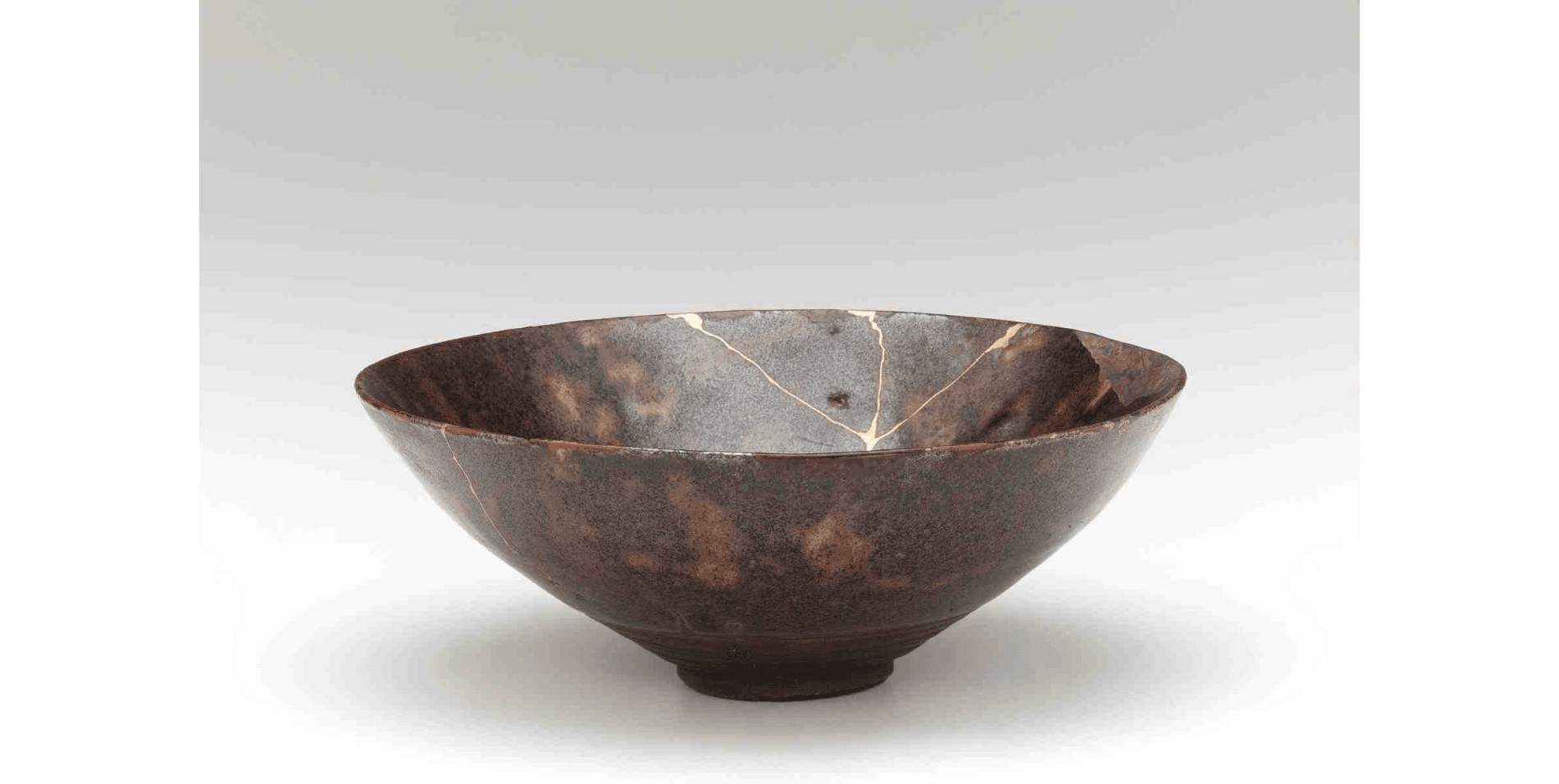Do you obsess yourself with full research to prepare for your trip or try to make it as spontaneous as possible? People sometimes do a thorough research on towns and cities they are going to visit but all too often things don’t make sense until you actually jump in and immerse yourself in that environment. Open-mindedness over knowing is the key. In his Zen cannon, Shobo Genzo, Dogen speaks to us about how enlightenment comes about, taking fish and birds for example.
徹底的に調べ尽くしてから旅行に行く派と、気ままな旅を楽しむ派がいますが、旅行前に準備し尽くしたとしても、旅先の環境に飛びこんで身を置いてみないとわからないことは多いものです。知識よりも心を開くことが鍵。道元の『正法眼蔵』では、そんな悟りについて魚や鳥を例に説明されています。
うを水をゆくに、ゆけども水のきはなく、鳥そらをとぶに、とぶといへどもそらのきはなし。(…) しかあるを、水をきはめ、そらをきはめてのち、水そらをゆかんと擬する鳥魚あらんは、水にもそらにもみちをうべからず、ところをうべからず。このところをうれば、この行李したがひて現成公案す。このみちをうれば、この行李したがひて現成公案なり。
Fish swims in the water but they never reach its end. Birds fly in the air but they never reach its end. (…) But if they try to know everything about the water or the sky before they dip into the water or take a flight into the sky, the path nor space will never be open to them. If we are open to the space and the path, we find ourselves enlightened in our day-to-day existence.
魚は水を泳ぐ。しかし、いくら泳いでも水の果てはない。鳥は空を飛ぶ。これまた、いくら飛んでも空の果てはない。(…) ところが、水を究め尽くしてから水を行こうとか、空を究め尽くしてから空を行こうと考える鳥や魚は、水にも空にも道を得ることはできない。有り処を得ることもできない。この有り処とも言えるものを得られれば、日常生活の中に森羅万象を感じられ、この道を得ることで、日常生活の中に悟りを得る。
Before we start something new, we often have a lot of anticipation. Visiting new places, striking up a new relationship with people, and carrying out unfamiliar procedures. All of these involves a lot of anticipation. The problem is that you are so scared that you just try to know everything beforehand, which keeps you from even getting your feet wet.
何か新しいことを始めるとき、様々な期待と不安があります。行ったことのないところへ行く、会ったことのない人に会う、やったことのない手続きをやってみる。これらには期待と不安がつきもの。問題なのは、新しいことを恐れるあまり、あらゆることを事前に知っておこうとして、一歩を踏み出すことすらできなくなってしまうということです。
Knowing things beforehand doesn’t necessarily mean knowing things well. Now that you can do thorough research on anything online, you may be able to equip yourself with knowledge and information that you believe are necessary. You could check out the area with the map application. You could check out all different reviews on hotels and books. But in many cases things turn out to be different from what you expected to be or much clearer and more vivid when you experience them, so much so that you finally take things to heart.
事前にいろいろとわかっていることと、その事がらをよくわかっているのは別物。今の時代、どんなこともネット上で調べがつきますし、必要な知識と情報で武装することもできます。事前に地図アプリで土地について調べることができますし、ホテルや本についてはレビューがあふれています。しかし、物事は思っていたものと異なっていたとわかったり、実際に体験してみて初めて考えがクリアになったり、心から納得できたりするものなのです。
What is stressed here, however, is not about urging people to make a try before giving a second thought. It’s about how you keep in mind that there is still something you never know after all research. That’s how you stay open to what surrounds you. You are aware of the limitless space but never bewildered about endless path. You never be desperate for the goal or frustrated by the absence of achievement. This will help you see the path unfold. That’s how you are open to the path.
ただし、ここでのメッセージは、とにかく自分で実際に体験しろということではありません。調べ尽くしたとしてもわからないものもある。それを日々心に留めているかということなのです。それが、日常生活の中で心を開き「森羅万象を感じる」ことなのです。果てがないと承知している。そのうえで、その空間を進むこと。果てがあると信じて必死になることや、永遠の未達状態に焦燥することがない。すると、道が自ずから開けてくる。それが、道を得ることと言えるのでしょう。
Among language learners good at communicating in their target language, some are aware of the impossibility of perfect mastery. This keeps them away from getting desperate in learning. They are just able to take in what they experience in a quite natural way. That’s the way you are open to whatever surrounds you.
例えば、外国語でのコミュニケーションに長けた人の中には、ノンネイティブが外国語を極めつくすことの不可能性を自覚している人がいます。あらゆる単語や表現を覚え使いこなすことは不可能だと認識している。それを自覚すると、焦燥感が消え、より自然に人や世界に向き合えたりもします。それが、外的世界に開かれた感覚と言えるのでしょう。
Some people create an intimate atmosphere in instant. Some people show their enthusiasm and optimism. Instead of being desperate about understanding everything, they just take in whatever unfolds before them. For them, each encounter with people and events is perceived as seeing things as they are.
人とごく自然に関係を作れる人。仕事に情熱を注いで、しかも颯爽としている人。すべてを知ってからでなく、まずは受け入れることができる。出会う人や仕事の中に、人や物事のあり方を見通している。それが、空や海と同じく果てのない人の世という生活世界に、森羅万象を感じることとも言えるでしょう。






